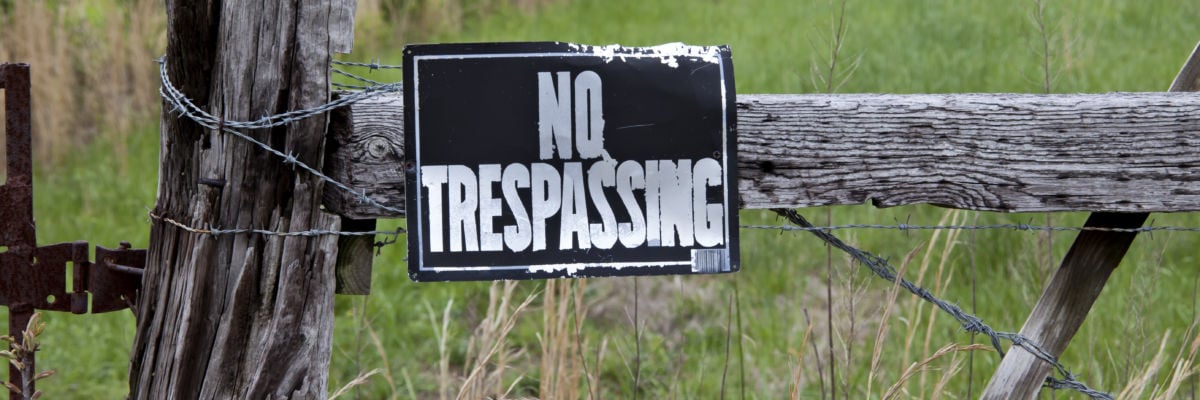
Question:
Answer:
In Matthew 6:12, the Greek word for “debts” is ophelilema, and it means “that which is owed.” Likewise, the Greek word for “debtors” is opheiletes, and it means “one who owes another.”
Matthew used the word “debts” figuratively for “sins,” whereas in Luke’s more direct style, he relates that Christ teaches us to ask forgiveness of our sins (hamartia).
Today, the liturgical tradition of the Church has retained Matthew’s text, perhaps because he gives a more developed version of seven petitions whereas Luke’s version contains only five.
If you were to recite the Lord’s Prayer in Latin, you would find the word “debts” (debita) used. It is only English-speaking Catholics who use the word “trespass.” According to Webster’s New Collegiate Dictionary, the first definition of “trespass” is “a violation of moral or social ethics: transgression: esp: sin.” The meaning used in the English Catholic prayer, therefore, remains true to Matthew’s figurative word for “sins”.
To see the importance of this petition, and to see how the use of the word “trespass” helps link our thoughts to other words of Christ regarding this theme, consider the following texts. In Matthew 5:23–24, while Jesus is giving his Sermon on the Mount, he says, “So if you are offering your gift at the altar, and there remember that your brother has something against you, leave your gift there before the altar and go; first be reconciled to your brother, and then come and offer your gift.” Then, just a few verses after Jesus’ prayer, in Matthew 6: 14–15, he says, “For if you forgive men their trespasses, your heavenly Father also will forgive you; but if you do not forgive men their trespasses, neither will your Father forgive your trespasses.” Finally, in Mark 11:25, Jesus says, “And whenever you stand praying, forgive, if you have anything against anyone; so that your Father also who is in heaven may forgive you your trespasses.”
The implications of this prayer and related verses are clear. We must be willing to forgive others, or we condemn ourselves.


